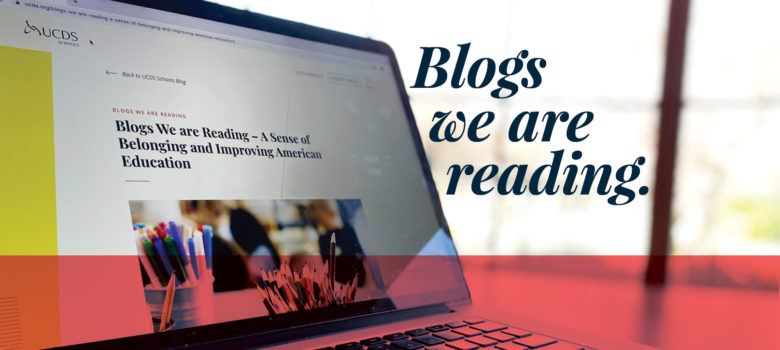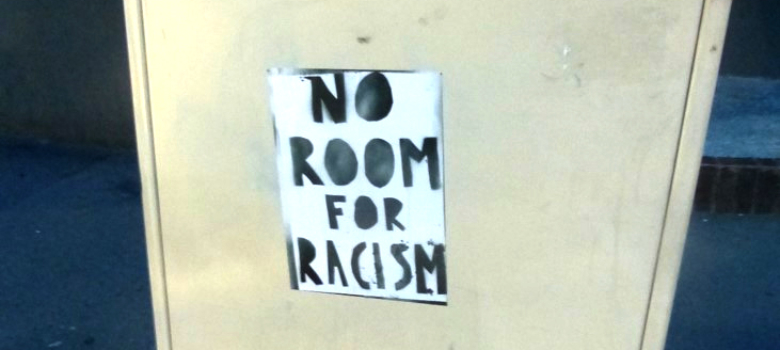By Marianne Sardelich, Infant Toddler Program Curriculum Coordinator
The Power of Storytelling in Early Childhood: Helping Children Process the Coronavirus Crisis
I really enjoyed your post on the power of storytelling during this pandemic. I also feel that listening to stories together is one of the most healing and restorative experiences for children. My school moved to online meetings a couple of months ago and lots of things have felt very different compared to experiences in the classroom. But when all the children huddle by their screens to listen to a story read by a teacher or through a screen share, it is almost like nothing has changed.
I wanted to add a book to your list of resources, though. I shared Yumi’s Rainbows in Windows with our Toddler/Preschool class because I thought it was the most approachable story about Covid-19 for young children. It addresses feelings of loneliness and uncertainty while also acknowledging that it probably also feels fun to wear pajamas all day. We ended our meeting by making rainbows. By providing children (and ourselves) with opportunities to process what is happening, we enable them to start conversations, to express their emotions creatively, and to lean on one another for support. Thanks for the great resources.
Social-Emotional Learning Should Be Priority During COVID-19 Crisis
Thank you for bringing attention to both the social emotional learning of students and teachers. As we worry about what academics students will be missing out on during their time away from the classroom, it might be easy to overlook the important role that social emotional wellbeing plays in our ability to learn. Children who are scared or anxious will find it difficult to process new information or to focus on lessons or homework. In helping children to navigate those emotions, I think it is important to remember the relationships that students have with one another. Students typically maintain these relationships by chatting between lessons, saving a seat at lunchtime, or playing together during recess. By losing so much of their time together, students also lose the social emotional support and comfort that being with friends provides.
I think when possible it is important to make time and create opportunities for students to laugh together, play games, or do other fun things so that the community that is created in a classroom isn’t lost during our time apart.




